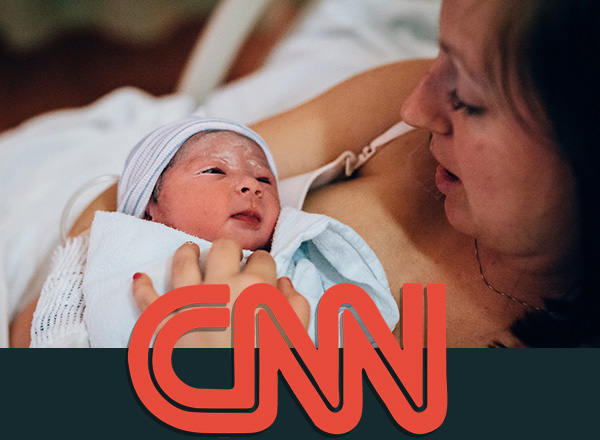54 is the new age limit for IVF in Greece

A new law has been passed in the summer of 2022 and brought major changes to both IVF in Greece and egg cryopreservation, commonly called “egg freezing”. According to the new law, the age limit for IVF in Greece is 54 years, thus giving women of older ages the chance to give birth with assisted reproduction.
According to published statistics in Greece, 52 children were born by women over 50 in 2007, 74 children in 2009, 128 children in 2017, 135 children in 2019, and 187 children in 2021.
What changes with the new law for IVF in Greece?
- the age limit for assisted reproduction treatments is increased from 51 to 54 years, one of the highest in Europe
- cryopreservation of eggs is possible not only for medical but for social purposes as well
- abolishment of the previously required consent of spouse for egg cryopreservation by the woman who wishes
- the divorced woman is permitted to make use of her cryopreserved eggs without the consent of the spouse/partner
Why the increase in age limit is important for IVF
Commenting on the changes introduced by the new law, the fertility specialist Dr. Thanos Paraschos distinctively mentions the following:
The most reproductive years for a woman are in her 20s. Fertility is gradually reduced in her 30s, especially after 35. Every month that a healthy, fertile 30-year-old woman tries to get pregnant, she has a 20% probability of success. By the age of 40, a woman’s chance is less than 5% per cycle, hence, less than 5 out of 100 women are expected to achieve a successful pregnancy every month.
It is important to emphasize that women do not remain fertile up until menopause. The average age for menopause is 51 years, however, most women are unable to have a successful pregnancy at some point in their 40s. These percentages apply to natural conception and to conception with the use of fertility treatment also, including in vitro fertilization (IVF).
Moreover, the risk of miscarriage and genetic abnormalities increases after the age of 35. It is possible that more complications can occur during pregnancy or childbirth. At 40, there is a rapid decline in a woman’s ability to become pregnant naturally and the chances of conceiving after 3 months of trying are about 7 percent.
Nevertheless, a considerable number of women at 40 can still have a healthy pregnancy and baby, but the risks are considerably higher during this period. After forty, however, it is more likely for an egg donor to be necessary in order to achieve a pregnancy.
Therefore, it is most important that the age limit for IVF be increased, but what is even more important for a woman to know, is that the earlier (at a younger age) she tries to get pregnant, the more chances she has of success, in any case, to achieve a good and healthy pregnancy.
Read more: IVF in Greece

